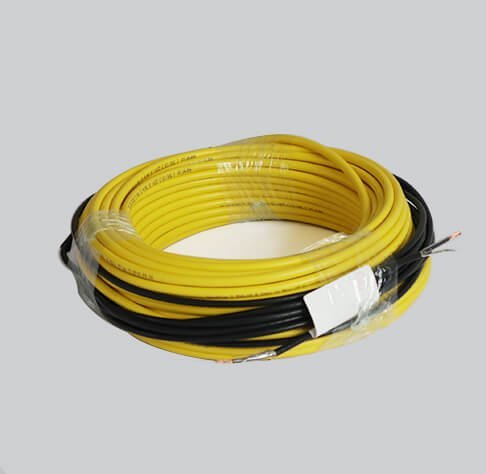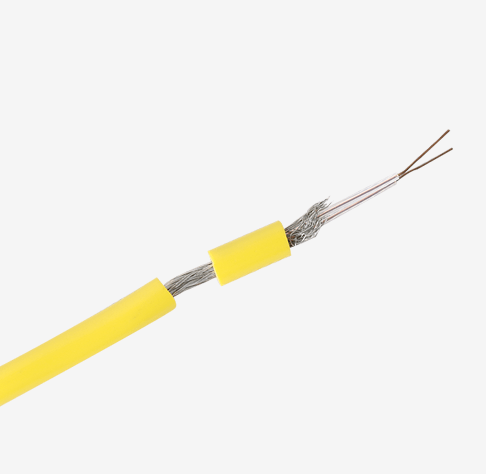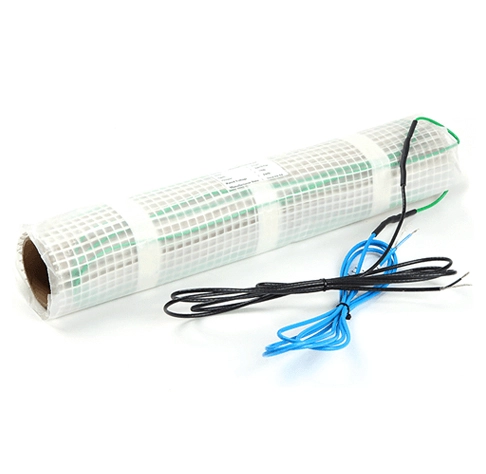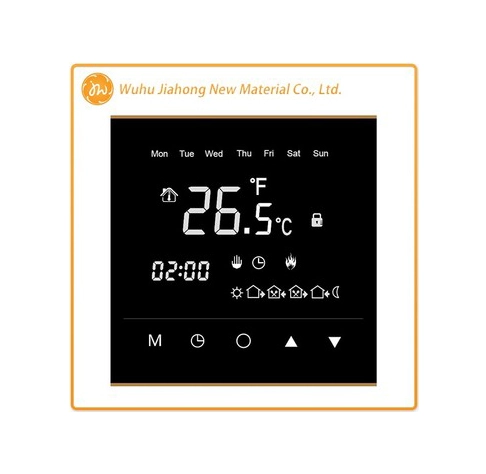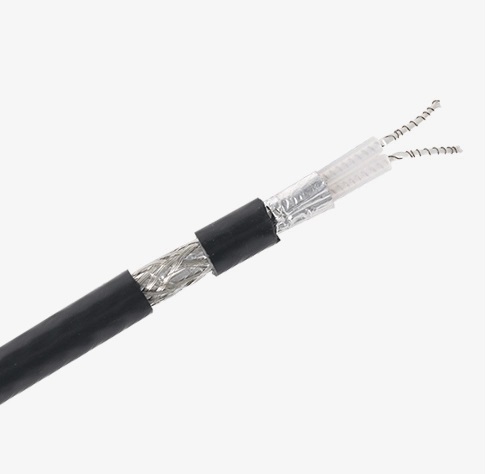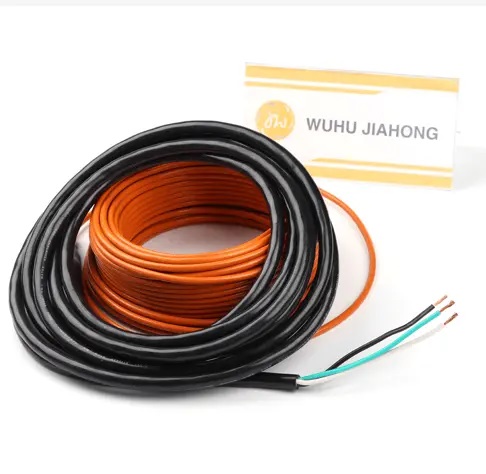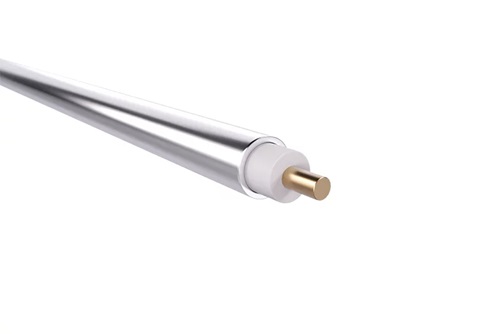Why install heating cables on water pipes?
In cold climates, frozen water pipes can have serious consequences. When water freezes, it expands and puts pressure on pipes, eventually causing them to burst. This can lead to flooding inside the home, property damage, and expensive repairs. Therefore, installing heating cables on water pipes can effectively prevent these problems and ensure the normal operation of water pipes in severe weather conditions.
Materials needed
When installing heating cables, you need to prepare the following materials: heating cables, connectors, insulation materials and necessary fixing equipment. Make sure the materials you choose meet relevant standards and are suitable for the specific type of water pipe and environmental conditions.
Safety precautions
Before starting the installation, be sure to take the necessary safety measures. Turn off the power and make sure the work area is safe. Wear appropriate safety gear such as gloves and goggles to ensure your own safety.
Step-by-step installation guide
Plan placement
Before installing heating cables, you need to carefully plan the placement of the heating cables, making sure to cover the entire water pipe and avoid crossing or overlapping.
Clean water pipe surface
Make sure the pipe surface is clean and remove any dirt or grease to ensure the heating cable adheres firmly to the pipe surface.
Fixed heating cable
Fasten the heating cable securely to the water pipe along its length using appropriate securing devices such as electrical tape or metal clips.
Connect wires
Connect the heating cable wires to the appropriate power supply system and perform correct wiring according to the manufacturer's instructions.
Test system
After completing the installation, perform a system test to ensure that the heating cables are functioning properly and providing adequate heating when needed.
Effective installation tips
Choose the right heating cable: Choose the right heating cable based on the type of water pipe and environmental conditions, making sure its power and size meet actual needs.
Secure the cable correctly: Make sure the heating cable is snug against the surface of the water pipe and properly secured as recommended by the manufacturer to ensure maximum heating effect.
Cost considerations
Cost factors for installing heating cables include material expenses and labor costs. Materials costs include the cost of purchasing heating cables, connectors and insulation, while labor costs depend on the complexity of the installation and the time required. While these costs may represent an investment, they can be viewed as a necessary protective measure compared to the potential losses due to frozen water pipes.
Using heating cables in extreme conditions
In extreme climatic conditions, the use of self-regulating heating cables can provide additional advantages. This type of heating cable automatically adjusts the heating power according to the ambient temperature, making it more efficient at preventing water pipes from freezing. Without the need for additional temperature control equipment, self-adjusting heating cables can provide just the right amount of heating according to actual needs, ensuring safety and reducing energy consumption.
Therefore, for those living in extremely cold climates, using self-regulating heating cables is a smart choice that will not only better protect their water pipe systems, but also reduce long-term operating energy costs.
If you want to get high-quality heating cables but don’t know how to buy them, you might as well try jiahong. As a professional heating cable manufacturer, jiahong can provide you with high-quality products and excellent services. Welcome to contact us for detailed ordering information. !
Overall, installing heating cables on water pipes is an important precaution, especially in cold climates. By correctly installing and using suitable heating cables, you can effectively avoid the risk of water pipe freezing and ensure smooth water flow. While this may require some investment, it is a worthwhile protection compared to the potential losses.


